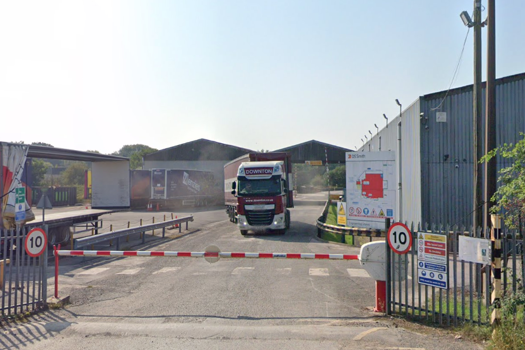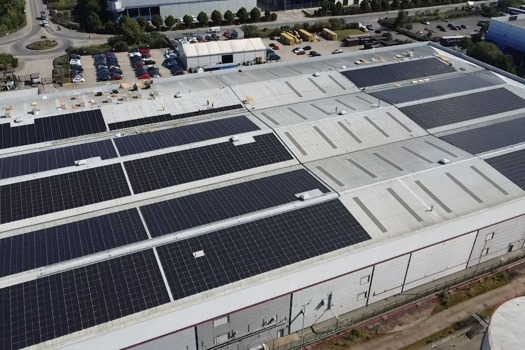The south Wales family-run business aims to increase production to more than 300m bags per year, half of which will be paper, having seen an opportunity for growth in the sector.
Managing director Basil Tucker said the investment included a 1.2m grant from the Welsh Assembly, and finance from the Royal Bank of Scotland, Lombard, Barclays and the Julian Hodge Bank Group.
"We are investing so we can create a one-stop shop. It's not overly ambitious, it's just meeting market demands."
Tucker said he had seen an opportunity to fill a void in the supply of luxury paper bags to up-market stores, with a turnaround time of between seven and 10 days.
Currently he said supply was coming from Asia, which was costing more and taking longer to produce.
In addition, Tucker said there would be opportunities further afield in Europe that he intended to pursue.
"You have to change to keep pace with industry. Although the growth sounds a lot, it's just a drop in the ocean," said Tucker.
The investment will include the building of a new 7,620m warehouse and office facility, both adjacent to the firm's Ebbw Vale plant.
No decision has been made on the choice of
new equipment, but Tucker said he was looking at large-format presses, possibly a MAN Roland or KBA, and a new flexo printing press.
Founded in 1990, Cardinal employs 87 staff, and produces paper and polythene luxury bags. The aim is that turnover will double to 12m with the help of the investment.
Story by Andy Scott
Have your say in the Printweek Poll
Related stories
Latest comments
"Gosh! That’s a huge debt - especially HMRC! It’s a shock that HMRC allowed such an amount to be accumulated."
"Whatever happened to the good old fashioned cash job! At least the banks didn't take 2-3% of each sale. After 30 odd transactions that £100 quid you had has gone."
"It's amazing what can be found on the "web" nowadays!"
Up next...

Replacement 'will be operational later this year'
Walstead makes decision on Bicester 64pp

'Ridiculous decision'
Unite “prepared to fight” on proposed DS Smith site closure

Also helps mitigate volatile energy prices





